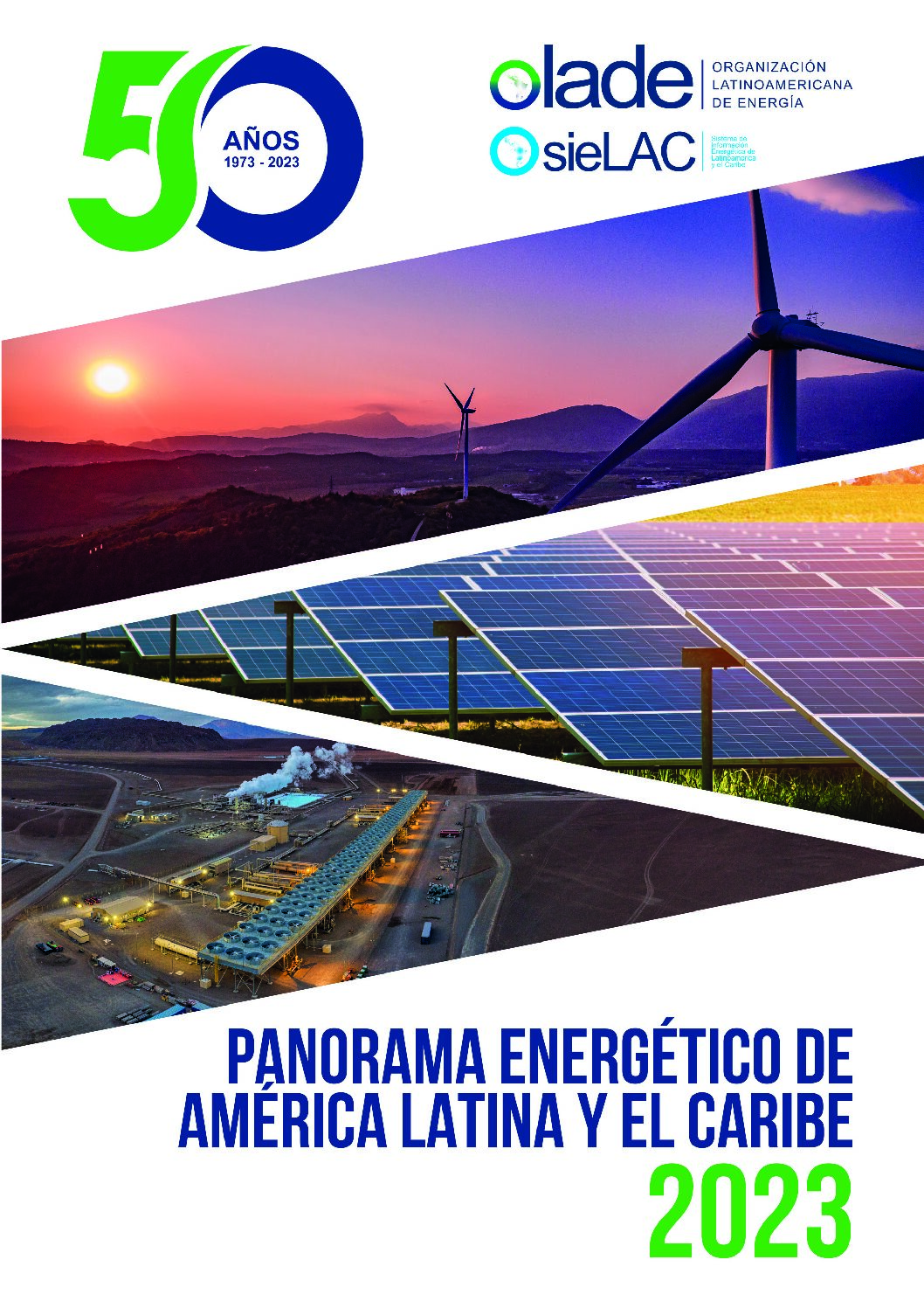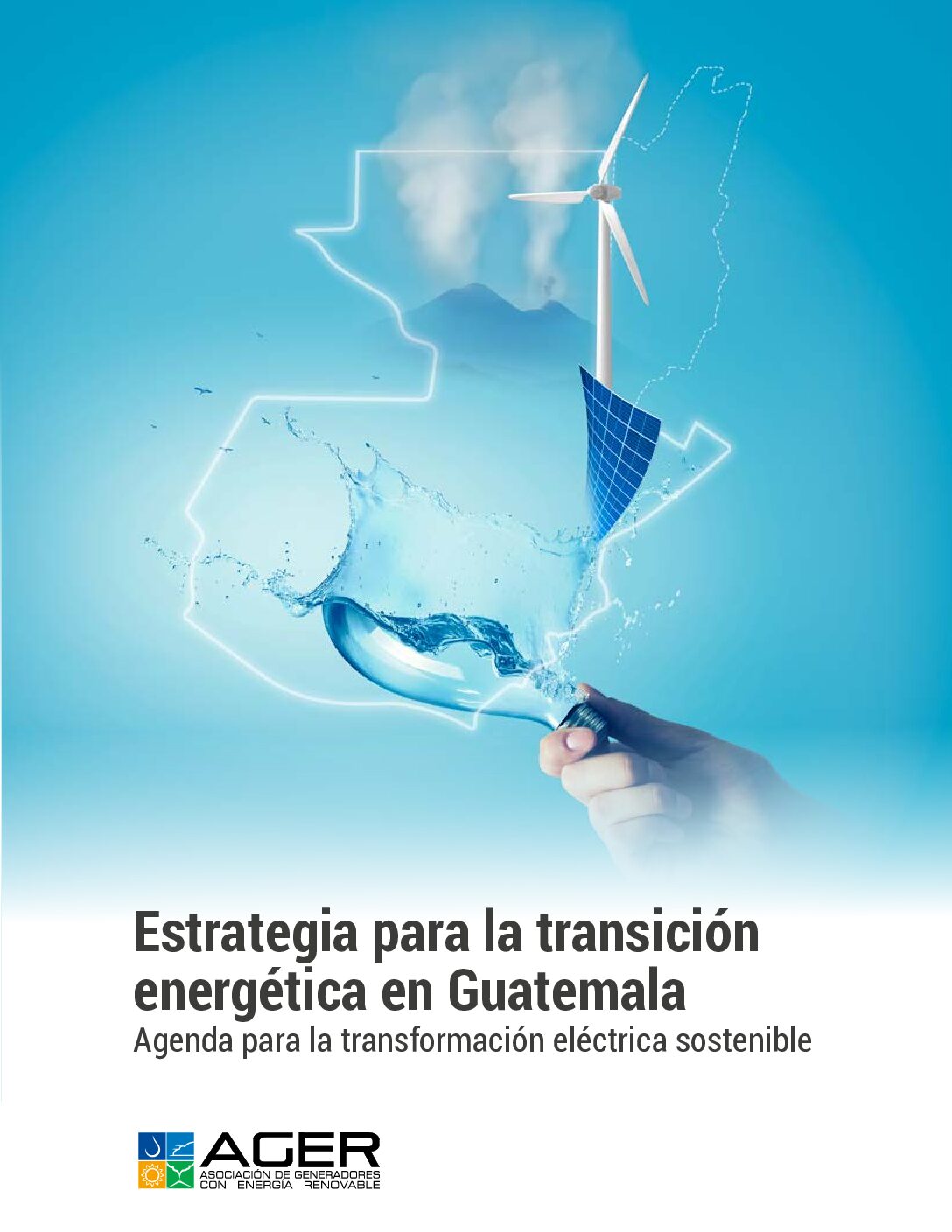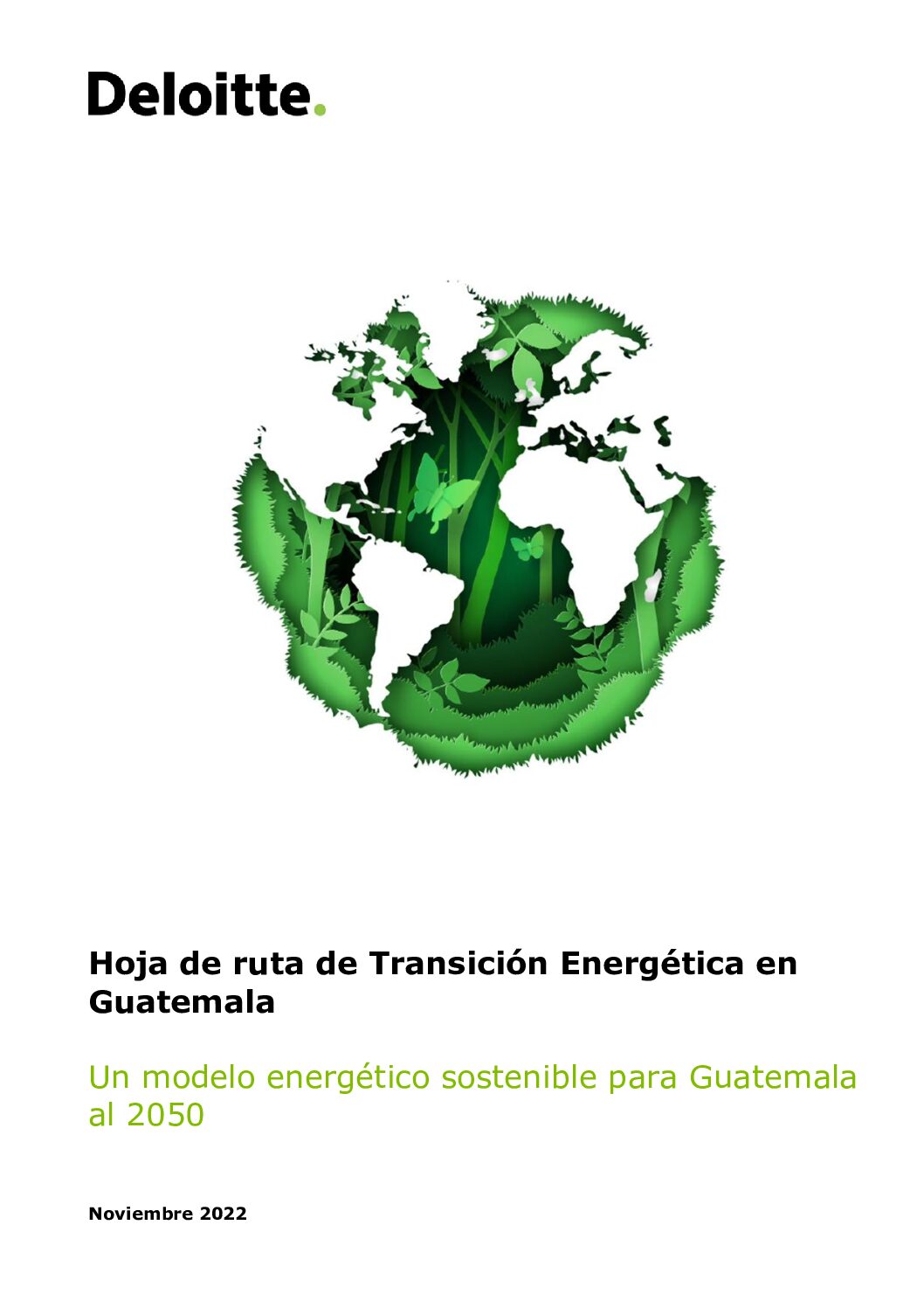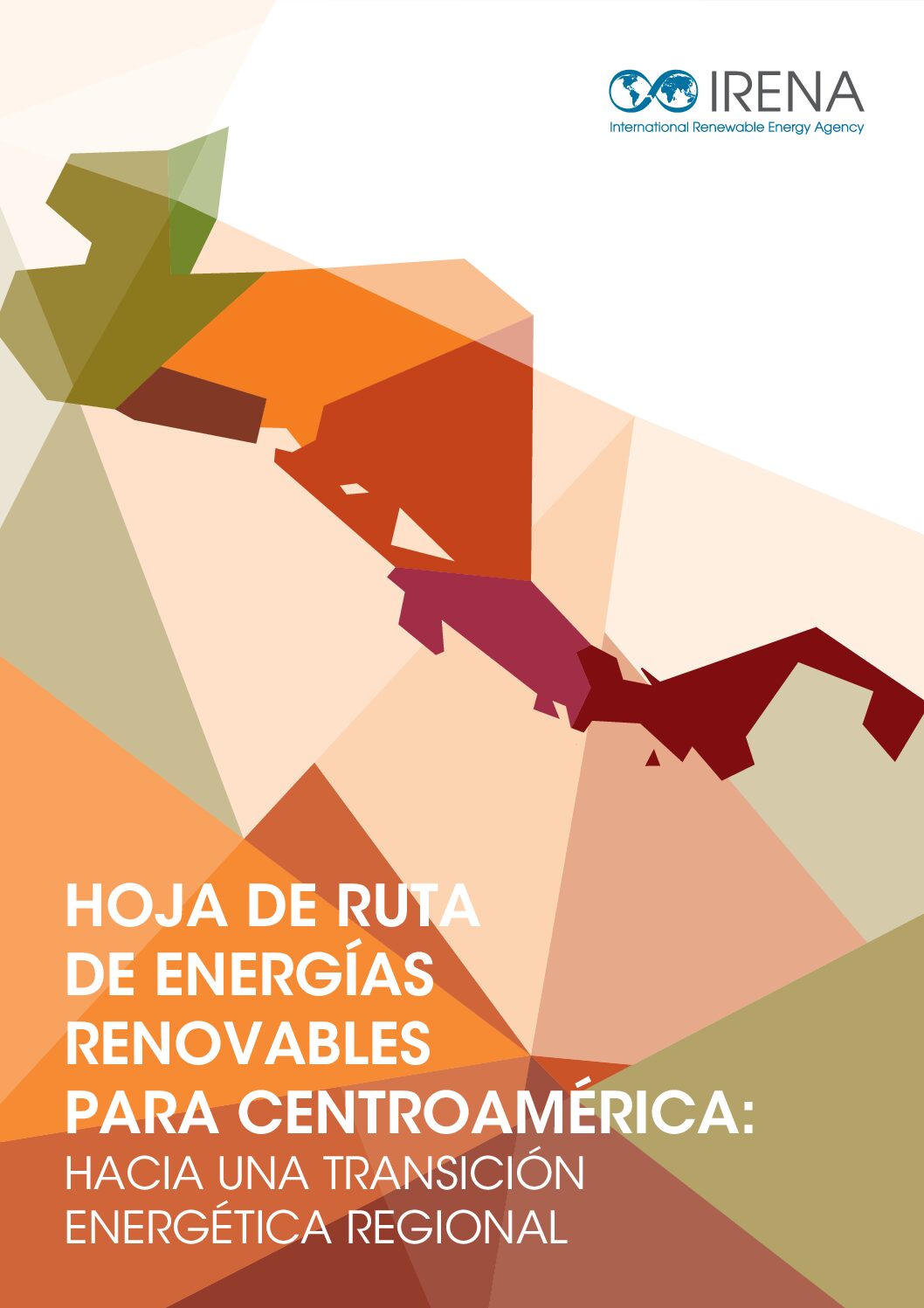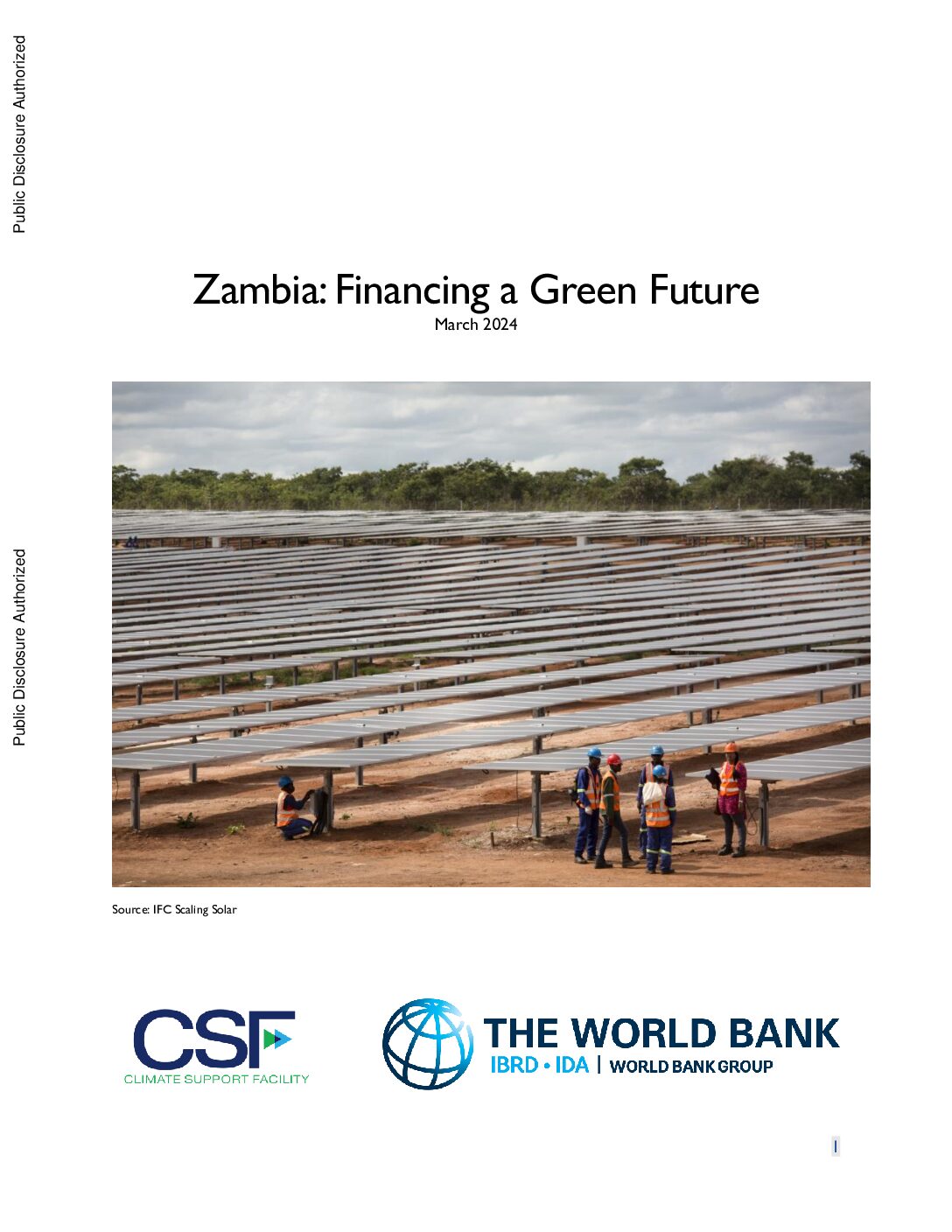This report presents data on energy systems and trends, information on policy frameworks, and future scenarios on the energy system in the countries of Latin America and the Caribbean
This report highlights the economic, social and environmental benefits that energy and transport sector-coupling and a transition towards EV- and RE-based, efficient systems can create in small island settings, and provides tools for the planning of such a transition.
In this report, the Association of Renewable Energy Generators (Asociación de Generadores con Energía Renovable) aims to demonstrate the political, technical and economic feasibility of achieving at least 80% renewable electricity in Guatemala.
This roadmap defines a scenario for a successful energy transition in Guatemala by 2050, and provides policy recommendations.
This report adopts a regional lens to the energy transition in Central America, providing baseline data and future scenarios.
This report discusses potential social and environmental risks associated with the roll-out of the GETFiT renewable energy investment programme in Zambia, as well as mitigation measures.
This note aims to provide a high-level analysis of the preconditions for stimulating green investments with a focus on financial sector supervisory framework needed to address climate risks (physical and transition), current landscape of green finance in Zambia, and the demand-side opportunities for green investments in key sectors.
This paper provides general guidelines for conducting Environmental Impact Assessments for waste-to-energy projects.
This policy brief investigates Zambia’s policy and legislative framework for energy generation from waste, and provides recommendations for improvements.
This brief presents a case study of a company in Guatemala that has turned bioenergy generation into a successful business model, and describes how the enabling environment conributed to its success.

